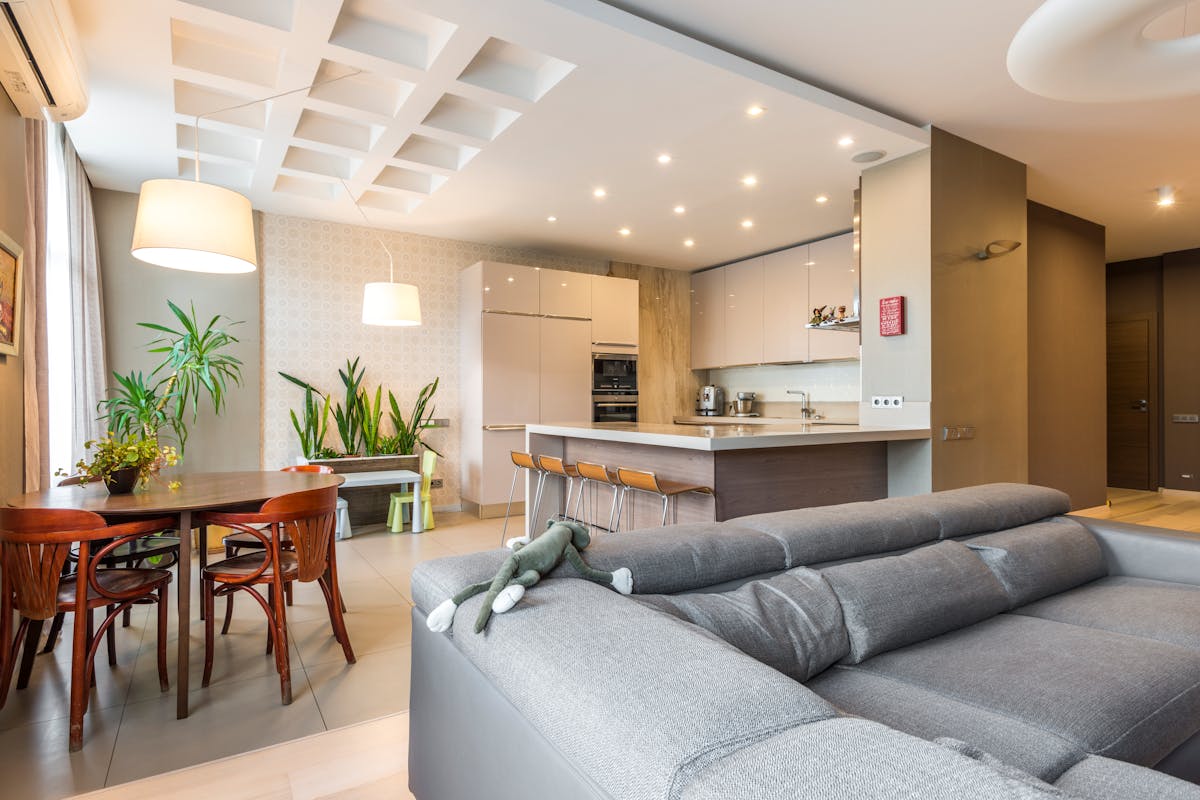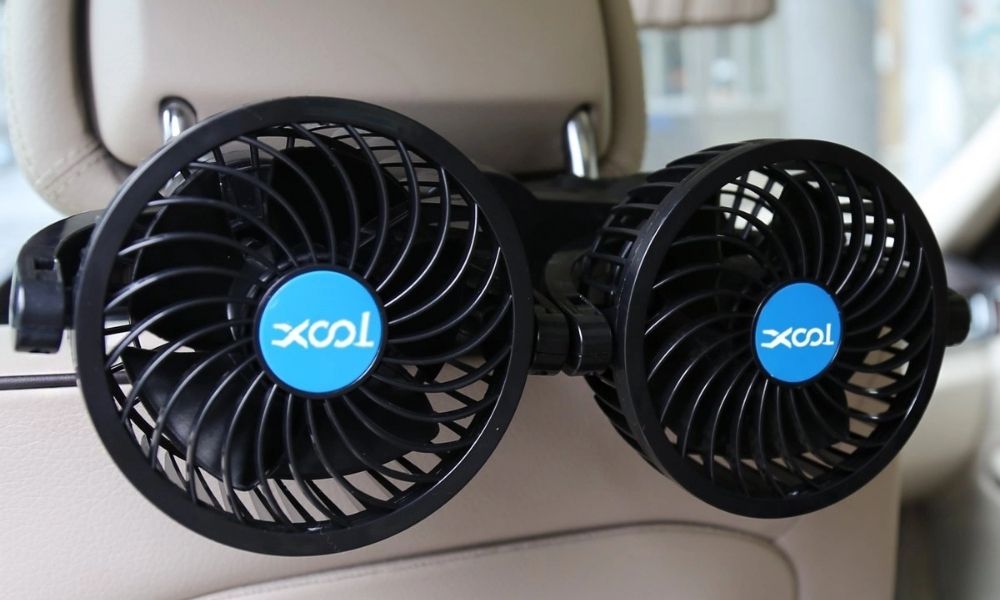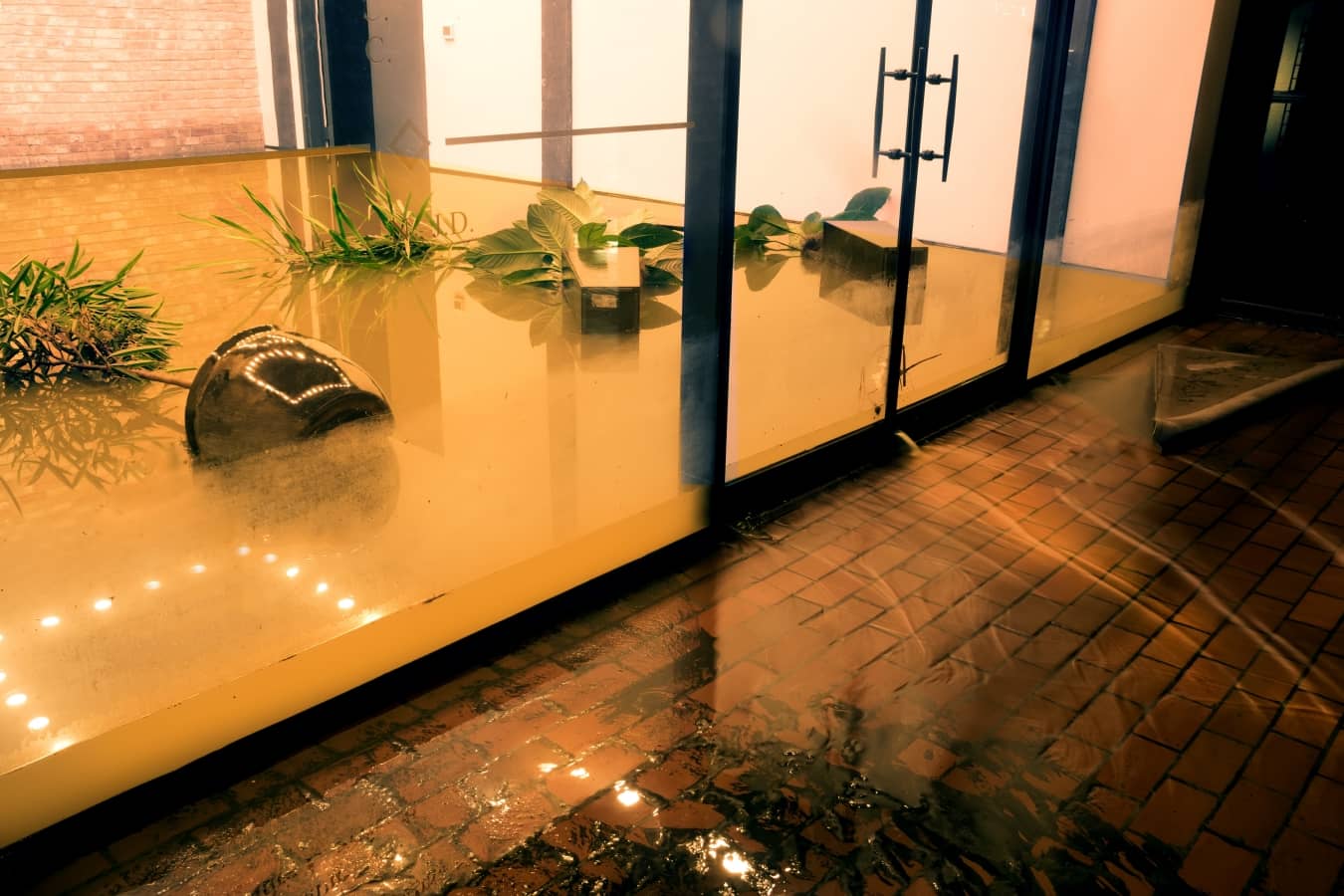Buying your first home is an exciting and often emotional milestone. It represents independence, investment and the chance to truly make a space your own. But alongside the paint colours and décor decisions, there are important practical considerations that every new homeowner should prioritise. Setting up key systems and knowing how your property functions will save time, money and stress later on.
Here are five essential things to get in place once you’ve moved into your new home.
1. Electrical Safety and Upgrades
Electrical safety is something no homeowner should overlook. A professional electrical inspection will ensure your property’s system is safe, efficient and up to current regulations. This includes checking the consumer unit (fuse box), testing sockets and switches, and making sure safety alarms (such as smoke and carbon monoxide detectors) are correctly installed and functioning.
You may also want to consider installing additional sockets, upgrading lighting or adding energy-efficient features. If your property is older or has been renovated in the past, it’s particularly important to ensure no outdated or faulty wiring remains.
2. Reliable Internet and Connectivity Infrastructure
Strong, fast internet is no longer a luxury — it’s a necessity. Whether you work from home, stream content, or use smart home devices, having reliable connectivity is essential. Look into local broadband or fibre providers, and make sure your internal setup supports your needs. Consider adding structured cabling or mesh WiFi systems to ensure full coverage throughout the house.
If you’re planning any long-term renovations or smart home integrations, this is also the right time to assess your property’s infrastructure needs. For more advanced installations, such as energy-efficient upgrades or full network planning, it is worth speaking to specialists in residential utility and electrical infrastructure who work on both private and large-scale projects across the UK.
3. Heating, Ventilation and Insulation Efficiency
An efficient heating system and good insulation will make your home more comfortable and reduce long-term energy costs. Begin by servicing the boiler and bleeding radiators. If your system is dated, consider upgrading to a more energy-efficient model or installing smart heating controls that allow you to adjust temperatures from your phone.
Check that your loft, walls and floor spaces are properly insulated. Draught-proofing windows and doors is also a simple way to improve comfort and efficiency. Good ventilation is equally important, especially in kitchens and bathrooms, to reduce condensation and the risk of mould.
4. Security Systems and Safety Measures
Securing your home is essential for your peace of mind. Start with quality locks on doors and windows, and consider installing a home security system with motion sensors, cameras or video doorbells. Smart home security devices are becoming increasingly affordable and can be monitored from your phone or tablet.
Also ensure your property has working smoke alarms, heat detectors in kitchens, and carbon monoxide alarms where required. If you have outdoor spaces, installing motion-sensitive lighting can act as both a deterrent and a practical safety feature.
5. Organised Documentation and Emergency Preparedness
Set up a dedicated folder or digital file where you store all your home-related documents. This should include your mortgage agreement, insurance policies, appliance manuals, warranties, guarantees, energy supplier details and contact information for local trades people.
It’s also a good idea to make a note of key locations such as the fuse box, water stopcock and gas shut-off valve. In the event of an emergency, knowing where these are can prevent major damage.
Create a list of emergency contacts including a trusted electrician, plumber and locksmith. Many homeowners find it helpful to register their new appliances and keep a digital backup of receipts and user guides for easy access.
Buying a home is just the beginning. Ensuring it’s safe, connected, energy-efficient and secure allows you to enjoy it with confidence. Taking care of these five areas early on sets a solid foundation for a stress-free future. And as your needs change, or if you plan to invest in more advanced systems or renovations, it’s worth speaking to professionals in utility and infrastructure support to make sure your home is set up to grow with you.




